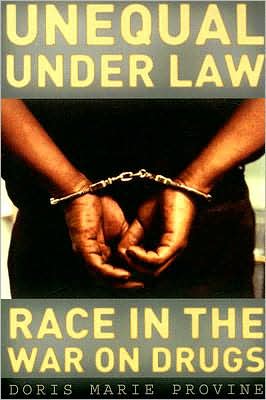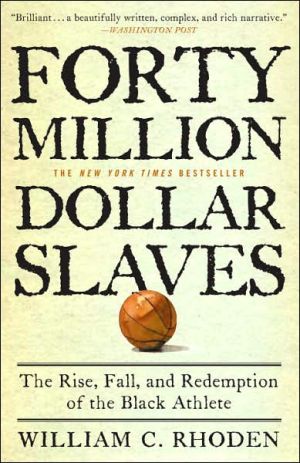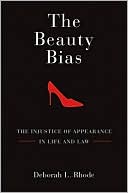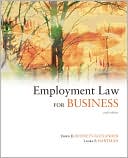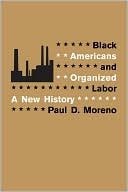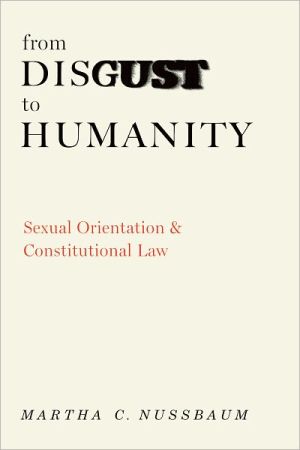Unequal under Law: Race in the War on Drugs
Race is clearly a factor in government efforts to control dangerous drugs, but the precise ways that race affects drug laws remain difficult to pinpoint. Illuminating this elusive relationship, Unequal under Law lays out how decades of both manifest and latent racism helped shape a punitive U.S. drug policy whose onerous impact on racial minorities has been willfully ignored by Congress and the courts.\ Doris Marie Provine’s engaging analysis traces the history of race in anti-drug efforts...
Search in google:
Race is clearly a factor in government efforts to control dangerous drugs, but the precise ways that race affects drug laws remain difficult to pinpoint. Illuminating this elusive relationship, Unequal under Law lays out how decades of both manifest and latent racism helped shape a punitive U.S. drug policy whose onerous impact on racial minorities has been willfully ignored by Congress and the courts.Doris Marie Provine’s engaging analysis traces the history of race in anti-drug efforts from the temperance movement of the early 1900s to the crack scare of the late twentieth century, showing how campaigns to criminalize drug use have always conjured images of feared minorities. Explaining how alarm over a threatening black drug trade fueled support in the 1980s for a mandatory minimum sentencing scheme of unprecedented severity, Provine contends that while our drug laws may no longer be racist by design, they remain racist in design. Moreover, their racial origins have long been ignored by every branch of government. This dangerous denial threatens our constitutional guarantee of equal protection of law and mutes a much-needed national discussion about institutionalized racism—a discussion that Unequal under Law promises to initiate. Journal of Politics "Unequal under Law is elegantly written and stands as an exemplar of the best of law and society scholarship. It offers a nuanced and kaleidoscopic examination of the persistence of racism in America and exposes the roles and responsibnilites of the law in sustaining racism. In this way, Unequal under Law also works as a case study of the capacity of law to achieve progressive social change, with important insights into the social and political conditions which constrain legal results. . . . A fascinating study demonstrating the importance and complexity of racial divisions in the United States. It is also a plea for understanding such divisions in an institutional and psychologically informed manner."— Castherine Dauvergne
Acknowledgments and Dedication VIIIntroduction 1Racial Discrimination in the Eyes of the Law 15Race in America's First War on Drugs 37Negro Cocaine Fiends, Mexican Marijuana Smokers, and Chinese Opium Addicts: The Drug Menace in Racial Relief 63Congress on Crack: How Race-Neutral Language Hides Racial Meaning 91The Racial Impact of the War on Drugs: How Government Coped 120Racial Justice: The Courts Consider Sentencing Disparities 140Epilogue 162Notes 169References 179Index 197
\ Choice"A very carefully constructed interdisciplinary argument about the war on drugs. . . . It is not the author's intent to declare the war on drugs a failure. What she shows is that the policy follows recent American history in its bias against disparate racial minorities."\ \ \ \ \ \ Law & Politics Book Review"Although it is widely known that the United States has experienced a 'prison boom' with dramatically harsher effects on African Americans than whites, no one has analyzed the racialized sources and implications of these disparities so deeply, subtly, and persuasively as Marie Provin in this thoughtful study. . . . A very well-crafted policy analysis and an elegantly written teaching tool. Students and scholars at all levels are likely to find the book accessible and thought-provoking. It is a model of normatively-driven, theoretically-framed research."\ — Charles R. Epp\ \ \ \ Criminal Justice Review"Provine uses a social constructionist theoretical framework to logically, systematically, and thoroughly examine the history of drug control policy in the United States. Her book adds significantly to the literature in that it provides an historical, social, and political context to fully undersand the current war on drugs, its impact particularly on African American communities, and the apparent reluctance of the government to critically address America's approach to drug use."\ — Deidre M. Warren\ \ \ \ \ \ Journal of Politics"Unequal under Law is elegantly written and stands as an exemplar of the best of law and society scholarship. It offers a nuanced and kaleidoscopic examination of the persistence of racism in America and exposes the roles and responsibnilites of the law in sustaining racism. In this way, Unequal under Law also works as a case study of the capacity of law to achieve progressive social change, with important insights into the social and political conditions which constrain legal results. . . . A fascinating study demonstrating the importance and complexity of racial divisions in the United States. It is also a plea for understanding such divisions in an institutional and psychologically informed manner."\ — Castherine Dauvergne\ \ \
